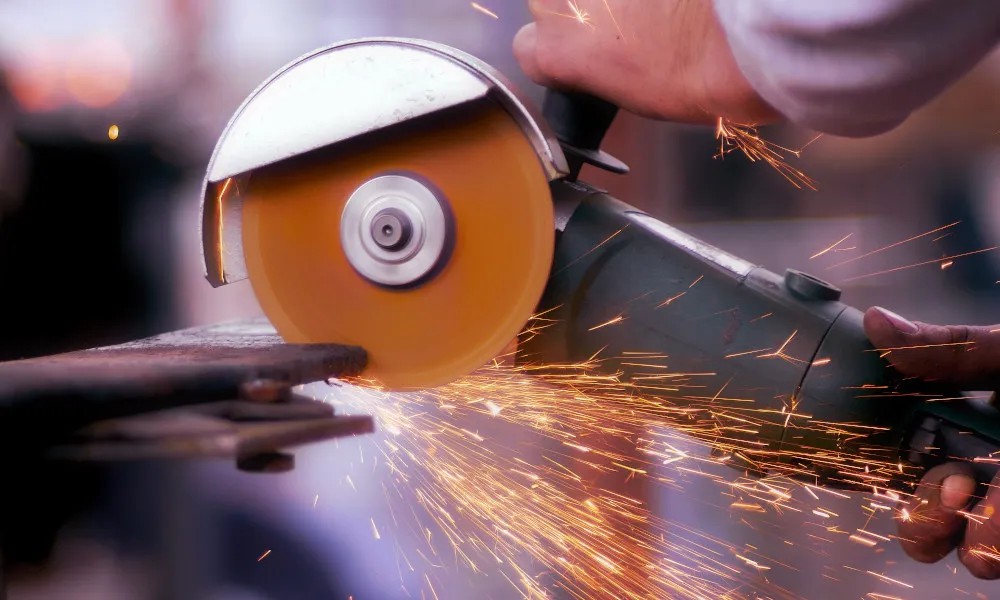


 349,500 Offered Certificates
349,500 Offered Certificates
 24/7 Online Training
24/7 Online Training
 Money Back Guarantee
Money Back Guarantee
 Fully Accredited Courses
Fully Accredited Courses

Created at: 22-02-2025 21:17
Abrasive wheels are vital tools used in various industries, including construction, manufacturing, and metalworking. Understanding what they are, along with the associated safety risks, is crucial for maintaining a safe work environment. This guide delves into the definitions, risks, and the importance of proper training regarding abrasive wheels.
Abrasive wheels are rotating tools made from an abrasive compound. These wheels are designed to grind, cut, and shape materials such as metal, wood, or masonry. Common applications include:
Despite their utility, abrasive wheels pose significant risks if mishandled. The main risks associated with abrasive wheels include:
Proper training is essential to mitigate the risks associated with abrasive wheels. Trained operators are more aware of safety protocols and are less likely to make critical errors that can lead to accidents. Certification ensures that operators have the requisite skills and knowledge to handle abrasive wheels safely.
Under Irish workplace safety regulations, employers are required to provide appropriate training to their employees. Compliance with these regulations not only promotes a safer work environment but also minimizes the risk of legal liability.
Implementing safety measures can significantly reduce the risks associated with abrasive wheels. Here are some best practices:
For those in **Dublin**, **Cork**, **Galway**, and **Limerick**, engaging in a certified Abrasive Wheels Course is highly recommended. These courses provide extensive knowledge about safe handling, risks, and emergency procedures. Here are some benefits of enrolling:
Abrasive wheels are powerful tools that require respect and knowledge to handle safely. Proper training is not just an option, but a necessity in preventing workplace accidents. Businesses in **Waterford** and other major cities across **Ireland** should prioritize safety by ensuring their employees receive certified training in using abrasive wheels.
For more information about certified Abrasive Wheels training in **Dublin**, **Cork**, **Galway**, and **Limerick**, visit our training page or contact us at [email protected].